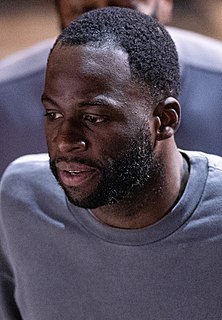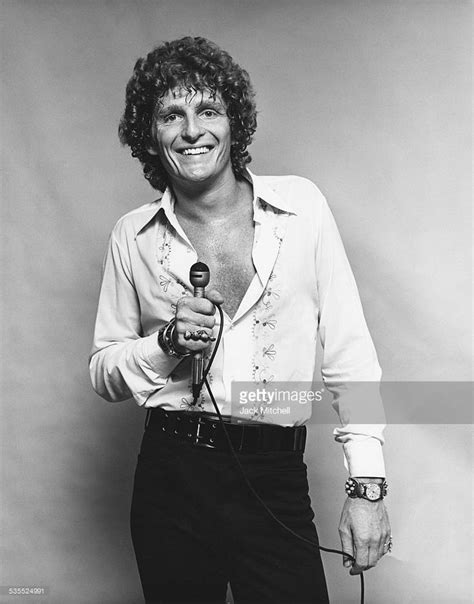A Quote by Patti Smith
What I say should always be prefaced with this: I'm not really politically articulate. I just try to be like Thomas Paine: what is common sense? So when I say these things to you, I am speaking from a humanist point of view. I just look around and see what's wrong.
Related Quotes
I think when you look around this league, so much is scripted. And not scripted in a sense that the league is scripted, but when guys talk, it's like, 'Say this. Yeah, come out and say that.' Like, nah, I'm not doing that. I'm going to say what's on my mind. I'm going to say what's on my heart. It's just genuine speaking.
There's always this joke that I say in Israel: people don't really have discussions; they just try to convince the other people that they are wrong or they are right - they just try to impose their opinion on the others. Sometimes I think it's easier to avoid talking about things and just make music.
It's joyful in that there's another point of view on all things, you know, not just mine. That's why I like to write and collaborate with people. There's another point of view, and when those two things come together, and people work at it really hard, they get something that is the whole is more than the sum of - is that how you say that?
Thomas Paine, so celebrated and so despised as he traveled through the critical events of his time, has long appealed to biographers. Paine was present at the creation both of the United States and of the French Republic. His eloquence, in the pamphlet 'Common Sense,' propelled the American colonists toward independence.
I really don't put it down. I never have. It's just that I analyze it and look at it from a very rational point of view. I don't see it as coming from God and say that at a certain point the Holy Spirit zaps you with a super whammy on the head and you've "gone for tongues" and there is it. Tongues is a process that people build up to. Then, as you start to do something, just as when you practice the scales on the piano, you get better at it.
Your mind has a way of not letting you forget things you wish you could. Especially with people. Like, you'll always try your best to forget things that people say to you or about you, but you always remember. And you'll try to forget things you've seen that no one should see, but you just can't do it. And when you try to forget someone's face, you can't get it out of your head.
I try to be true to myself yet still at the same time look at comments and look at what the fans have to say and kind of put it in perspective. I'm never someone whose not open for opinion, I'm always just down to make it work and see how we can do things but at the end of the day I always want to make sure it represents me. It's really about just being humble and not selling yourself on being there already.
These days I just can't seem to say what I mean [...]. I just can't. Every time I try to say something, it misses the point. Either that or I end up saying the opposite of what I mean. The more I try to get it right the more mixed up it gets. Sometimes I can't even remember what I was trying to say in the first place. It's like my body's split in two and one of me is chasing the other me around a big pillar. We're running circles around it. The other me has the right words, but I can never catch her.




































